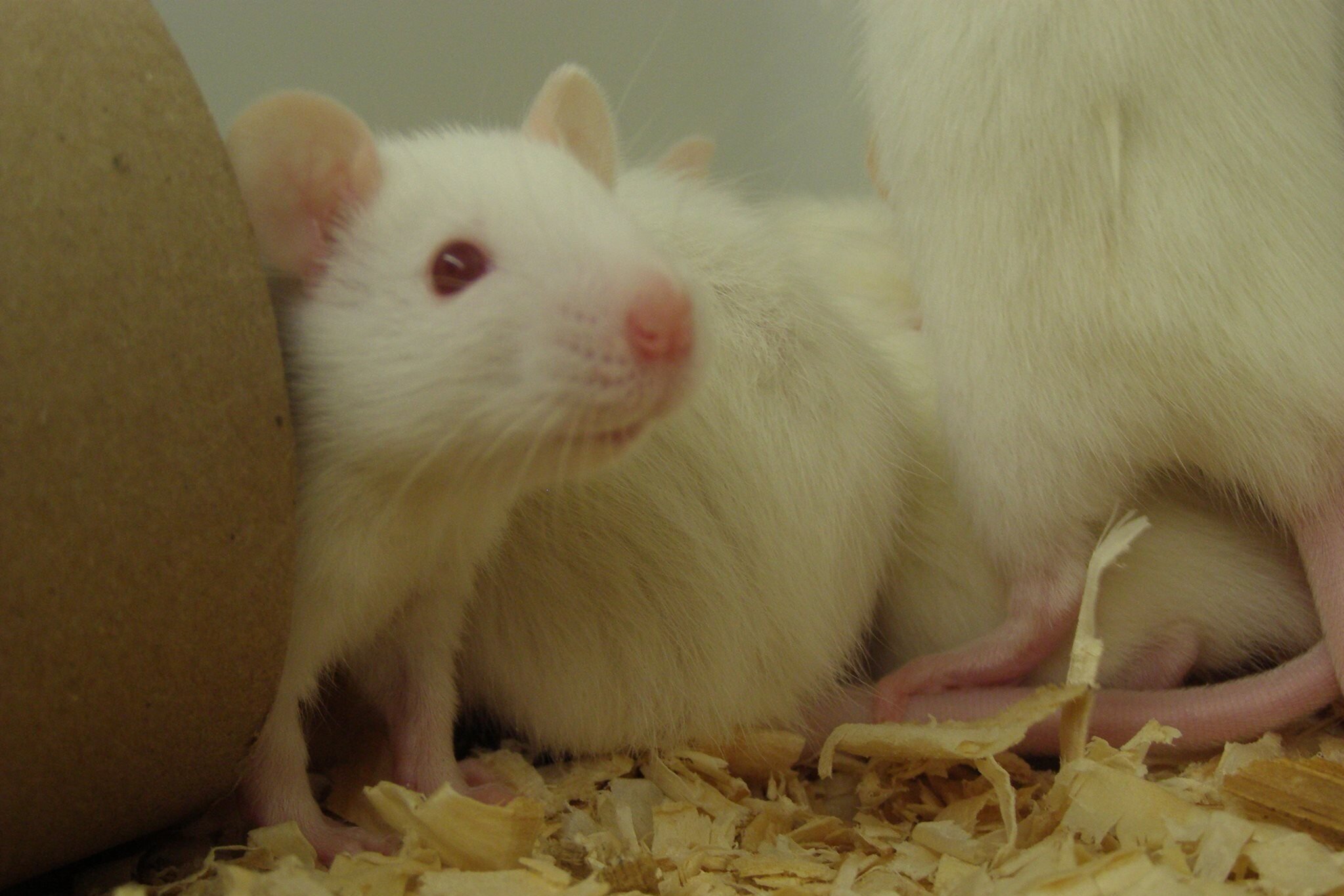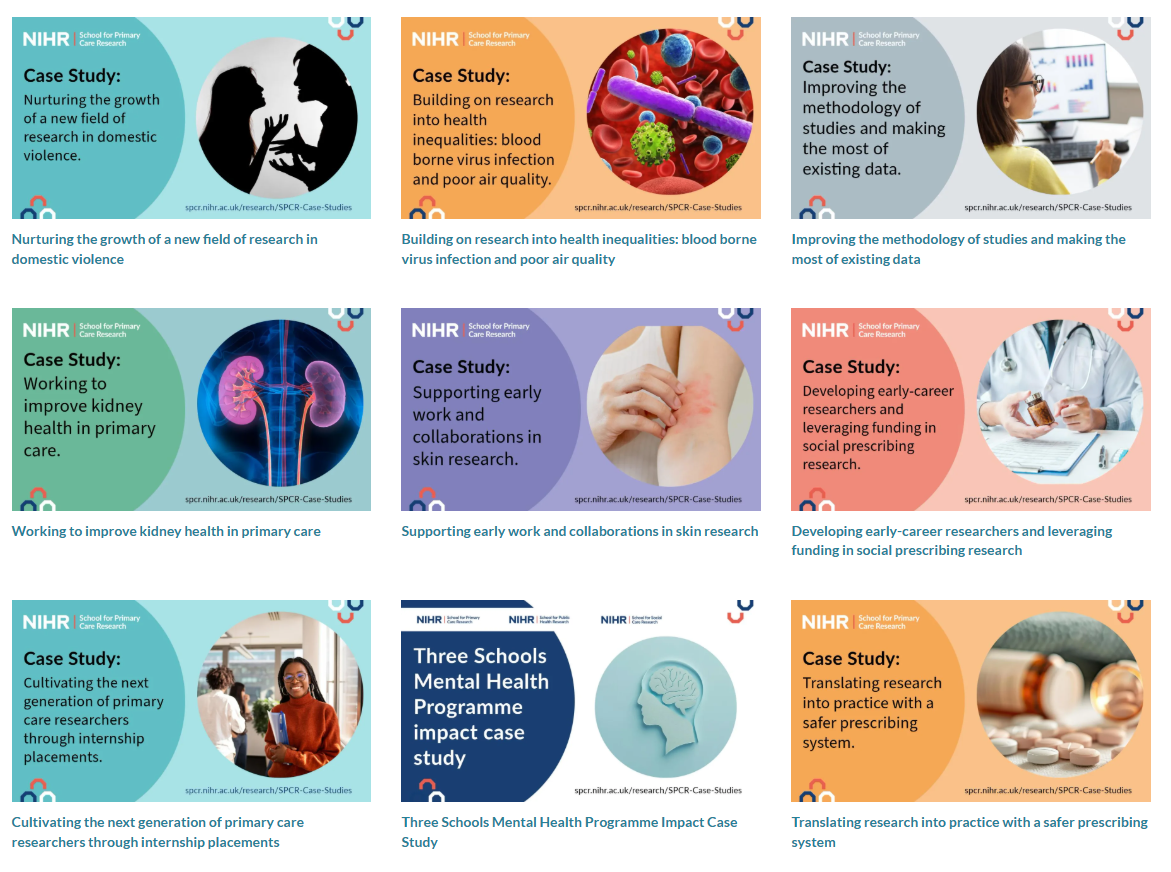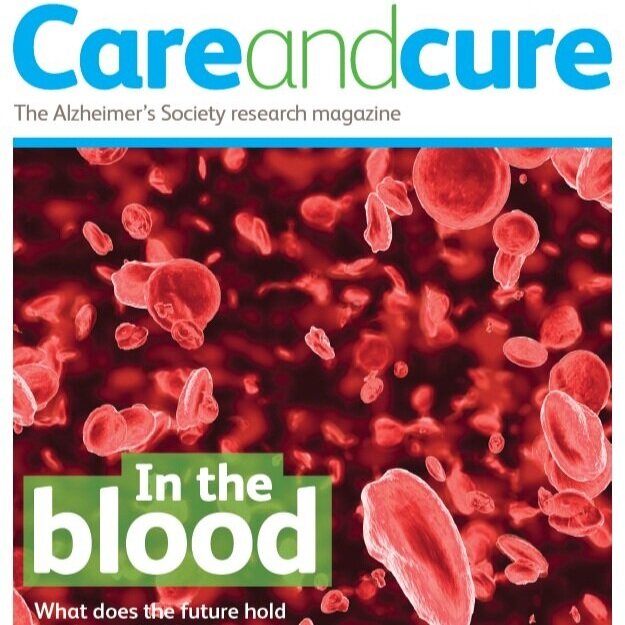I’m Ian, a London-based freelance science writer specialising in biomedical research and healthcare content.
With a PhD in biochemistry, I offer expert content creation that can appeal to a range of audiences, from schoolchildren to professors.
For over six years, I worked in research communications in the charity sector, leading content marketing campaigns in animal research, Alzheimer’s disease and cancer.
For the last six years, I’ve worked as a freelancer to support a range of organisations in the biomedical research and life sciences fields. In that time, I have produced news, blogs, white papers, thought leader pieces, case studies, emails, fact-checks, annual reviews and much more.
I’m passionate about taking intricate scientific details and transforming them into compelling narratives that educate and inspire.
Get in touch if you need to hire a freelance science content writer to help explain your latest research, share patient stories or demonstrate your impact.
Selection of news and feature articles
Transcriptional therapy comes of age
Designing drugs to control gene transcription “is where careers go to die,” Aseem Ansari was told as a postdoc. This essential cellular process, which deciphers information stored in the genome, causes various diseases when it goes wrong. But trying to control the proteins involved in copying genes into RNA, as the first step in gene expression, looked technically too difficult in the mid-1990s to be of any therapeutic use.
The field has advanced significantly since then. And Ansari, now the chair of the chemical biology and therapeutics department at St. Jude Children’s Research Hospital…
Air pollution affects brain development - but when does the damage start?
The emergency rooms in Barcelona were collapsing under the pressure. Hundreds of patients were arriving in desperate need as they struggled to breathe, while intensive care units struggled to cope with the sudden influx of respiratory problems. Epidemiologists scrambled to trace the source of the outbreak.
This epidemic in the 1980s might bear some striking similarities to the coronavirus pandemic, but there was no infection to blame. The city was suffering…
B.D.C. Boon et al, Acta Neuropathologica, DOI:10.1007/S00401-020-02198-8
Newly found Alzheimer’s plaque type linked to early-onset disease
These “coarse-grained” plaques resemble those that clog up the brain’s blood vessels in a different disease, pointing to links between the vascular system and the neurodegenerative disease.
Scientists have discovered a type of amyloid-β plaque in the brains of people with early-onset Alzheimer’s disease that has not been observed before. These “coarse-grained” plaques, described in a study published last week in Acta Neuropathologica…
Scientists explore the unexpected potential benefit of excess tannins
Tannins are an essential part of the mouthfeel and ageability of some wines. But scientists believe they could also be used to create plastics that could keep food fresh longer.
A wine’s tannins come mostly from the grape’s seeds and skins. They belong to a class of chemicals known as polyphenols, which are the same antioxidants believed to give red wine its reported health benefits.
Although some are added to wine during…
The doctor will smell you now
When she first received a call about a woman who claimed to be able to smell Parkinson’s disease, Perdita Barran was initially dismissive: ‘I said “Well, surely she’s perhaps just smelling old people.”’
Barran is a professor of mass spectrometry at the University of Manchester in the UK and has an interest in misfolded proteins like those found in the brains of people with Parkinson’s disease. However, Barran’s collaborator, Tilo Kunath at the University of Edinburgh, UK, had met the woman, a retired nurse called Joy Milne, and thought there might be something in it.
They decided to put Milne to the test…
Drop in plasma donations hits immunoglobulin supply
A sharp fall in blood plasma collections in the US could lead to further strains on the supply of immunoglobulin.
This concentrated mixture of antibodies is used to treat a wide range of conditions affecting the immune system. The UK relies entirely on imports, owing to the risk of transmitting Creutzfeldt-Jakob disease from British plasma donors. Most of the world’s supply comes from the US, where plasma donors can be paid.
Manufacturer CSL Behring, which supplies half of the immunoglobulin used by the UK’s National…
Nobel guinea pigs
Although nearly 85% of Nobel Prizes in Physiology or Medicine have relied upon animal research, a few laureates have used themselves as guinea pigs. Below, UAR details some of these self-experimenters, who each took a risky step for their own reasons – bravery, desperation and hope.
In the 23 years preceding winning the Nobel Prize, Werner Forssmann had worked as a urologist, served as a Major in the German Army and was captured as a prisoner of war. But none of that concerned the Nobel committee, who were honouring…
How a simple dye could save thousands of lives
There’s no doubt that urinary tract infections (UTIs) are a serious issue. They are the most common infections picked up in hospital, and catheters are a major cause.
“If you are catheterised for more than two weeks then you virtually have a 100 per cent chance of getting a UTI,” says Professor Toby Jenkins from the University of Bath.
Catheterisation is very common – about 1 in 5 patients in hospital will have a small tube inserted...
Bacteria are always at war. Understanding their use of weapons may lead to antibiotic alternatives
A small glimmer of light passes from one bacterium to another. Under the microscope it might not look like much, but there’s a deadly battle underway: the second cell has just been hit by a poisoned spear.
‘You can see the cell ball up and die,’ said Professor Kevin Foster from the University of Oxford, UK…
A CRISPR on-off switch for genes controls expression without altering DNA
A new gene silencing tool allows scientists to switch genes on and off without altering genetic sequences. The tool, described in a paper published in Cell on April 9, uses a modified CRISPR-Cas9 system to introduce reversible epigenetic changes that control gene expression.
The classic CRISPR-Cas9 system led to an explosion in gene editing studies since it was first developed almost a decade ago. It became quickly popular…
COVID vaccines developed in record time due to scientists’ coronavirus understanding and unprecedented investment
Vaccines for COVID-19 became available to the public less than a year after the virus was first detected, much faster than any other vaccine development in history.
Some social media users have used the speed of development to imply that COVID-19 vaccines are unsafe. A post on Instagram compared it to the lack of success in finding vaccines for HIV…
Why does coronavirus make people lose the sense of smell?
To begin with, it was just anecdotal reports. Ear, nose and throat specialists from around the world were sharing their experiences on online message boards – they were all seeing a spike in patients experiencing anosmia, a loss of smell.
The link with coronavirus was brought to public attention by specialists in the UK in late March, and since then health organisations have gradually added anosmia to the list of symptoms for Covid-19. According to a recent study, about two-thirds of people…
Marketing Communications Content
White papers and ebooks
Longer-form content is the perfect way to show the depth of your expertise to potential customers. With my detailed knowledge of molecular biology, I have delivered several ebooks and white papers that have successfully generated MQLs to drive business growth.
Here is one example of an ebook that guides users through the development of mRNA therapeutics and highlights the relevant enzymes to consider.
Demonstrating impact
Showing the real-world impact of previous research can be challenging. However, it is a powerful way of presenting the progress that you are making towards your goals.
I’ve worked with a range of research funders to show the long-term impact of their work. This is the web version of a package of materials for the School for Primary Care Research, featuring over 20 case studies that demonstrate their ability to make discoveries, build research capacity and change lives.
Magazines
Magazines are a great way to show your stakeholders the breadth of your work and your position as a thought leader in the field.
I have helped to create several magazines for organisations, from content planning to liaising with printers.
Here is one issue of the research magazine produced for Alzheimer’s Society.
Annual reviews
Summing up a whole year’s activity can be a daunting task, but it’s much more straightforward when viewing it from the perspective of your audience.
I can draft Annual and Research reviews, bringing together the successes of the year and a clear need for your mission.
Here is the 2017/18 Annual Review for Prostate Cancer UK, which included more research content to meet the needs of fundraising teams.
Building support
Letting supporters know how their donations can make a difference is essential to keeping their support.
I‘ve written several direct marketing appeals, proposals for major donors, and reports for Trusts - all explaining the ground-breaking research in clear and inspiring language.
Testimonials
“Ian was invaluable to our team when we needed extra support before a new recruit started. He quickly understood our content needs and delivered four high-quality pieces: a press release, scientific explainer, infographic brief, and video script. His grasp of complex scientific concepts was impressive, and his work required minimal changes. Ian consistently met deadlines and communicated effectively throughout the process. I would gladly work with him again and highly recommend his writing services to others.”
James Hakner, Head of Communications, Frontiers
“We recently worked with Ian who wrote case studies for our research portfolio spanning multiple projects and organisations. He took our basic instruction and really ran with it, resulting in work that we are extremely pleased with. Ian’s proactivity, independence and ability to communicate with our researchers made it such an easy process and we wouldn’t hesitate to work with him again.”
Jess Nye, Senior Programme Manager, NIHR School for Primary Care Research
Let's work together.
Or let me know if you have any questions about the services that I offer.


















